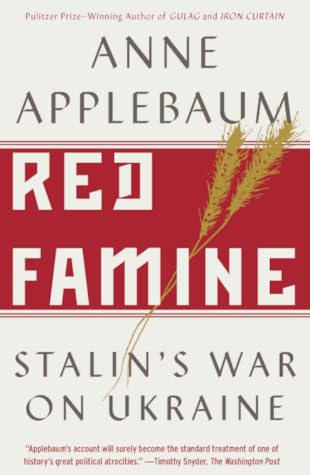The editors sent The Black Deeds of the Kremlin to libraries across the country. But like The Ninth Circle, the newspaper articles in Canada and the leaflets in Germany, it was studiously ignored by most Soviet scholars and mainstream academic journals.43 The mix of emotive peasant memoir with semi-scholarly essays did not appeal to professional American historians. Paradoxically, the Cold War did not help the Ukrainian émigré cause either. The language many of them were using—“black deeds” or “famine as a political weapon”—sounded too political to many scholars in the 1950s, 1960s and 1970s.
...more
Welcome back. Just a moment while we sign you in to your Goodreads account.


